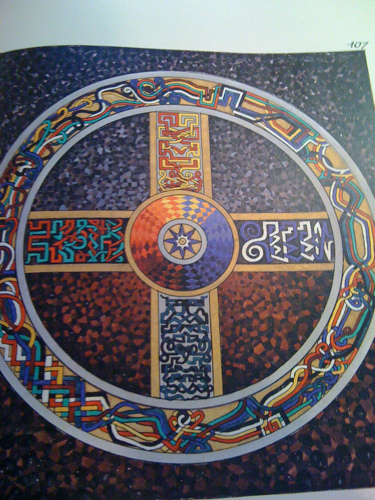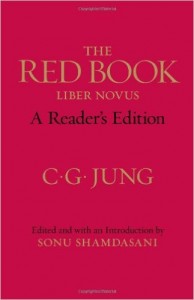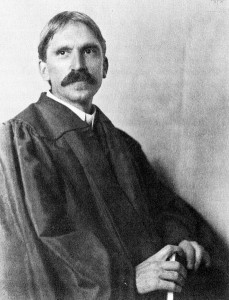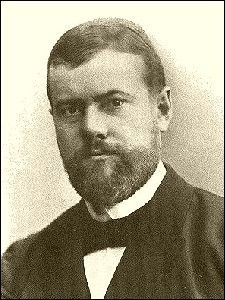Jean-Paul Sartre (1905-1980) was a French philosopher, novelist, dramatist, and public intellectual. As befits the cultural prominence of philosophy in France, his funeral cortege in 1980 was followed by 50,000 people. Generally the philosopher who best fits the label ‘existentialist’ (which, unlike Heidegger, he used himself), Sartre was in many respects a bold and original thinker – he was concerned with imagination, action, and practice as much as theory, and above all focused on human experience as our source of information (phenomenology).
To my mind Sartre’s important contribution to Middle Way thought lies in his unflinching recognition of human responsibility. Very much a moral philosopher, Sartre argued that we are not only responsible for how well we follow moral rules, but also for the rules themselves. By selecting and obeying such rules, we give them their moral justification and validity. In his famous example of Abraham from the Old Testament (also used by Kierkegaard), Sartre pointed out that when Abraham heard God telling him to sacrifice his son, he could not justifiably pass on the responsibility for the deed to God – for it was Abraham who was responsible for interpreting what he had heard as the authoritative voice of God.
In this recognition of our responsibility for our judgements, Sartre contributed an important part of the case against metaphysics, and against the doleful but dominant insistence that it is inevitable still found today in much philosophy and science. But whatever we experience, whether it is a big voice in the sky or a scientific observation that seems to neatly fit a theory, there are always alternative possible interpretations, and thus we can never be compelled to accept one necessary interpretation. If we remain consciously unaware of alternatives but might, with considerable effort, have become aware of them, we also remain responsible (though, to clarify Sartre, I would say that we do so only to a small degree). Humean naturalism, which asserts that we can’t help what we believe, is shown up as dogmatic by Sartre’s recognition of our responsibility.
Unlike previous philosophers and theologians who attributed our responsibility to a metaphysical soul, Sartre did not seek any justification for it beyond experience. We are responsible because we experience responsibility. However, Sartre also recognised conflicts in that experience: we often find that responsibility uncomfortable and cannot face up to it, so we slip into the ‘bad faith’ of pretending that we are not responsible, because God told us or the universe itself told us, or we couldn’t help it or we were just following orders. If we can face up to our responsibility we can be ‘authentic’.
Sartre also did recognise that our choices are made in a context of certain conditions that are already set for us. He called this ‘facticity’. At every moment when we make a judgement, the openness (or ‘nothingness’) of mere potential is closed and becomes facticity. But then we are faced with yet another choice and another. Sartre pointed out that our choices have to be constantly remade for as long as they take to be put into action: for we could always potentially reverse our decision.
The focus on judgement in Middle Way Philosophy owes much to Sartre. Like Sartre, I think that it is the quality of a judgement itself, rather than its content, that makes it better or worse. However, it must be added that the content does have a big effect on the quality of the judgement, together with the character of the person who makes it. Thus, for example, a judgement to commit murder is extremely likely to be a bad judgement because it’s only likely to be taken by someone who ignores or represses their awareness of many of the consequences of committing murder. Sartre put a lot of emphasis on what is often taken to be a form of relativism (or subjectivism): that is, denying that there are any absolute rules that make one choice better than another. But I think it is debatable whether Sartre should be read as a relativist at all. For him an authentic (and thus, we can surmise, integrated) judgement is better than one made in bad faith that does not recognise our responsibility. Such arguments will apply in science as well as in the generally accepted moral realm.
There are several less helpful aspects of Sartre’s thought, though, that seem to take him further from the Middle Way. One is his rejection of psychology and public disagreement with Freud. He seems to have been understandably reacting against Freud’s determinism, but in the process also rejected the concept of the unconscious, which could have been very helpful to him in developing a more psychologically adequate account of ‘authenticity’ and ‘bad faith’. Another is his long-term flirtation with Marxism, although he did not join the Communist Party and later described himself as an anarchist. Nevertheless, Sartre has been blamed by his critics for leading others towards Marxism without sufficient scrutiny of its dogmatic assumptions and authoritarian practice. It does seem that, without a very developed psychological idea of what an authentic judgement would look like, Sartre sometimes seemed to make judgements (like that in favour of Marxism) that were more the product of an individual choice made in a vacuum than a careful scrutiny of conditions.
Sartre tends to stress the openness of our responsibility at the expense of balance. Though he tries to avoid metaphysical assumptions, he does not seem to be sufficiently aware of the dangers of negative metaphysics, and sometimes, arguably, he slips into it whilst reacting against traditionalist absolute positions. Thus he may not come across very much as a Middle Way thinker in his general style and approach: he is more of an enfant terrible. Nevertheless, Sartre’s contribution to our understanding of the Middle Way in respect of judgement can hardly be underestimated.
Link to index of previous ‘Middle Way Thinkers’ blogs




